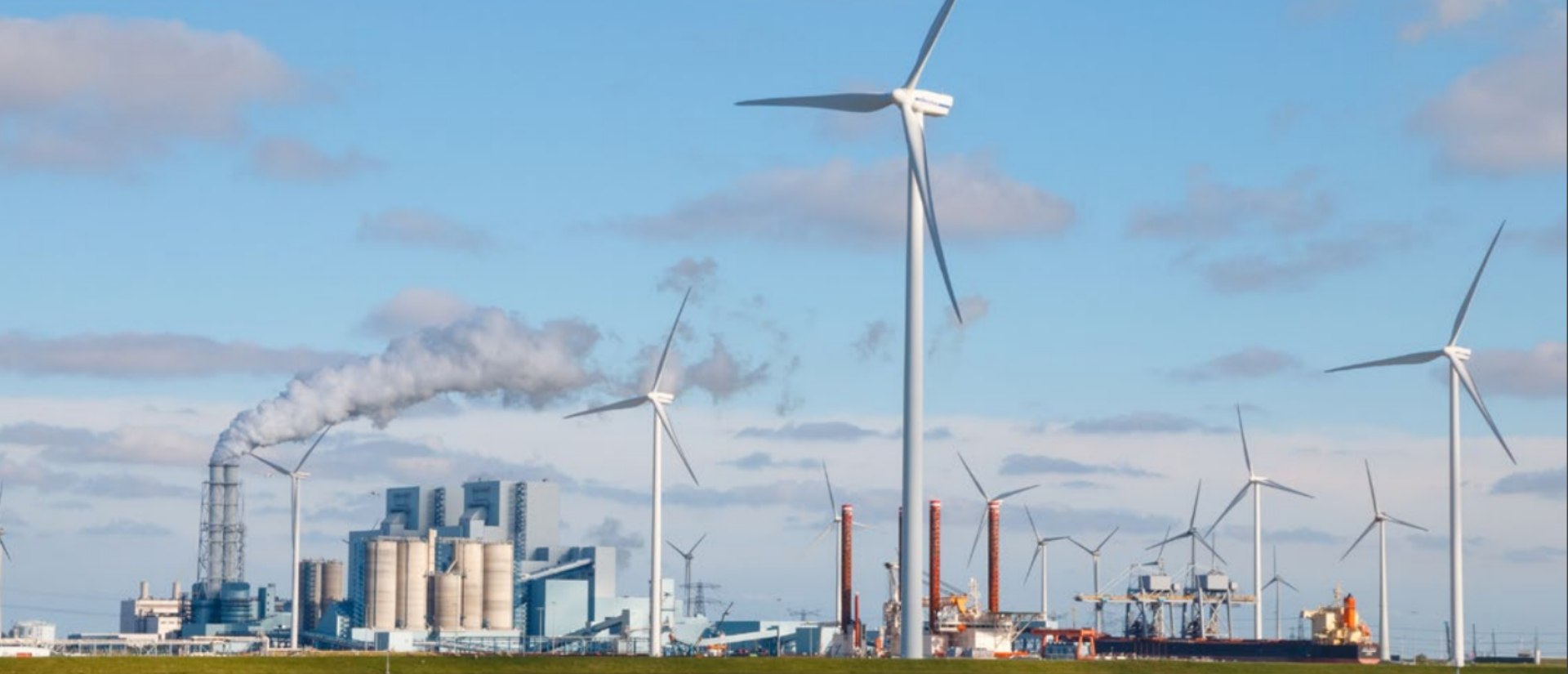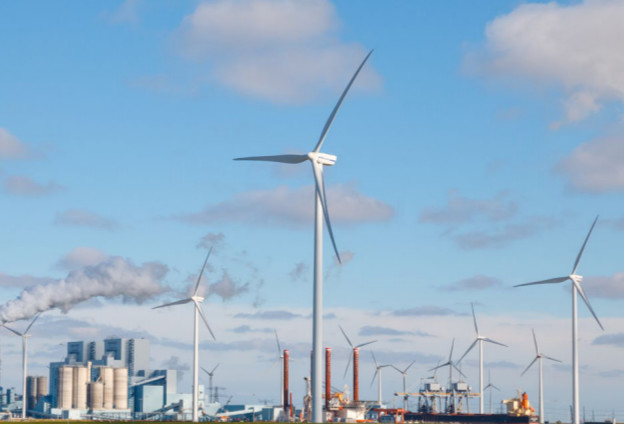
Only 1 of every 3 Dutch municipalities buys renewable electricity
Greenpeace launched a campaign that points out that Dutch municipalities have a responsibility when it comes to the sustainability of their local electricity purchases.
SOMO was commissioned by Greenpeace to look into not only how much power Dutch municipalities actually use, but also which companies the 390 municipalities purchased their electricity from and how they have made their energy more sustainable. However, contrary to the Climate Accord for Municipalities and the Nation 2007-2011, it turns out that many Dutch municipalities either don’t buy their energy from green energy providers or buy certificates to ‘green’ their energy that do not stimulate the production of renewable energy.
Short circuit on the green energy market
Short circuit on the green energy market
This research evaluated the purchasing of electricity by municipalities by looking at the Guarantees of Origin (GOs, GVOs in Dutch) that they purchase in combination with the energy provider that supplies their energy. GOs are ‘green certificates’ that allow grey electricity within the EU to be administratively ‘greened’. According to the researchers, not all of these green certificates help in their intended purpose, namely, stimulating the production of additional renewable energy. Researcher Vincent Kiezebrink: ‘Iceland is an example of this phenomenon; this country has been fulfilling its own energy needs since 2009. Any additional generated electricity, however, can neither be consumed nor transported to another country. The purchase of Icelandic green certificates will not stimulate the growth of renewable energy production within the country’. In this way, grey electricity is only ‘greened’ administratively, and thus does not meet the sustainability objectives of the Climate Accord.
Sustainable or Not?
Of the 302 municipalities that responded to the survey, 107 municipalities, or one third, buy their energy in a manner as sustainable as possible. They buy energy at relatively green energy companies, linked to ‘good’ GOs (for example, those based on Dutch or German wind energy). Less sustainable are the 90 municipalities that purchase good GOs or purchase energy from relatively sustainable suppliers, but never a combination of both. The remaining 105 municipalities do not cooperate in any way towards the transition to more sustainable energy supplies.
Setting a good example
Municipalities are large energy buyers, and they can definitely have a positive influence on the Dutch renewable energy market. In doing so, they could serve as a role model in our society by setting a standard for sustainable procurement. If the municipalities themselves actually want to meet their sustainability goals, it is high time that they tackle the short circuiting of today’s energy market. Municipalities are thus advised not to purchase ‘bad’ GOs, from Iceland and Norway, and instead purchase electricity generated from renewable sources. It is also suggested that the EU reforms the GO system in order to purge these ‘bad’ GOs from the energy market. Only then will a real transition to a more sustainable energy supply become a possibility.
Media attention for this report(opens in new window)
Do you need more information?
-

Ilona Hartlief
Researcher
Related content
-
Short circuit on the green energy market Published on:
 Ilona HartliefPosted in category:Publication
Ilona HartliefPosted in category:Publication Ilona Hartlief
Ilona Hartlief
-
 Civil society organisations push for transformative global investment rulesPosted in category:News
Civil society organisations push for transformative global investment rulesPosted in category:News Bart-Jaap VerbeekPublished on:
Bart-Jaap VerbeekPublished on: -
 The Counter: strengthening the fight for climate justice around the worldPosted in category:Long read
The Counter: strengthening the fight for climate justice around the worldPosted in category:Long read Luis ScungioPublished on:
Luis ScungioPublished on:

